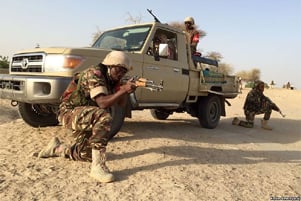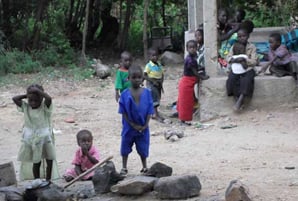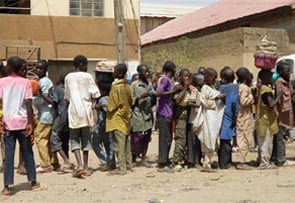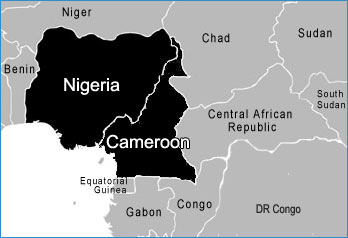 Photo: Pixabay |
I have three siblings, and we all get along really well. Growing up, people would often ask us, “Don’t you guys ever fight?” We were the picture perfect display of healthy, well-rounded, soft-tempered children that all parents dream of having. So many hugs, so little discipline.
Yeah, right. While it’s true that my siblings and I got along very well, we did get into arguments as all children do.
“She took my teddy!”
“She called me a bad name!”
“He melted all my crayons on my bedside lamp’s light bulb!”
In these kind of situations, though trivial, my parents always made us go through the apology sequence. The offender would rub the toe of his sneaker into the ground, sway back and forth without making eye contact, and say, “I’m sorry I melted all your crayons.” At which point, the offended would cross her arms, huff and sigh, and through gritted teeth roughly reply, “I forgive you.”
As children, both parties went away feeling justified. As adults, the sequence only works with the right kind of attitude.
Ephesians 4:31-32 gives us good advice: “Let all bitterness and wrath and anger and clamour and slander be put away from you, along with all malice. Be kind to one another, tenderhearted, forgiving one another, as God in Christ forgave you.”
We can strive to be both loving and forgiving. Uncross the arms, look heavenward, say a prayer, and forgive. Because that’s what Christ has done for us!
While we all learn lessons of forgiveness throughout our lives, there are examples of strong Christian faith and the right attitude that we can learn from. This is what Joseph Hovsepian and his family wish for us as we watch their newly released film, “Closure.” Inspired by their family’s struggle to accept the martyrdom of their father, and forgive the man responsible for it, “Closure” is a riveting story about discovering redemption in the midst of struggle. Join us and learn from this captivating film!
By Bethany





